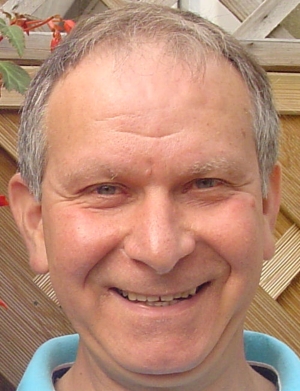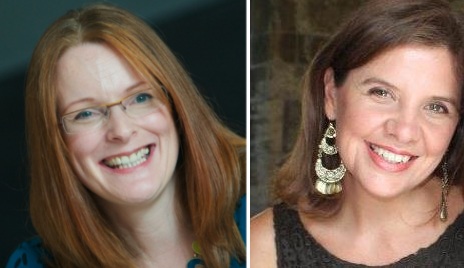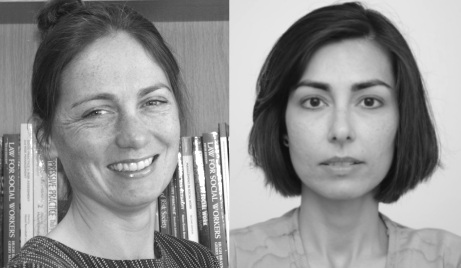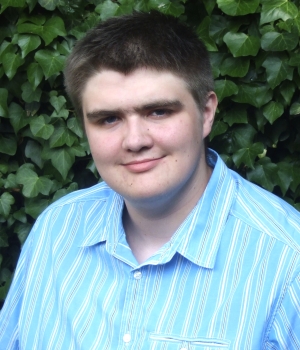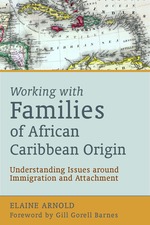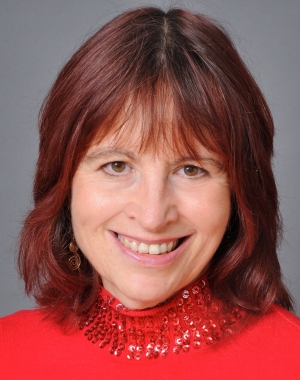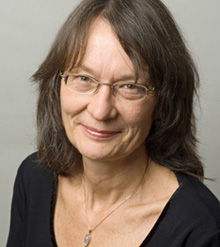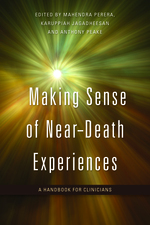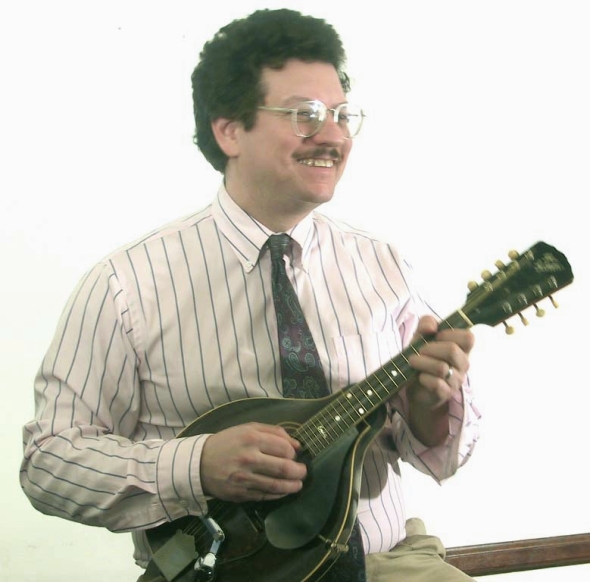Yoga breathing techniques to help children deal with anger and stress – An Interview with Michael Chissick
“Looking back I think that one of the main factors that inspired me to turn the yoga play into a book was the feedback from the children. I have lost count of the amount of times that children would tell me how they had used the techniques to deal with incidents in their lives. Problems ranging from being angry at siblings who stole their sweets or broke their toys, to being the calming influence in big family arguments. My two favourites will always be: the nine-year old boy who was terrified of the dentist and who quietly sat in the waiting room, and ultimately the dentist’s chair, practising his Crocodile Breath to calm himself; and the ten year old girl, who was angry with her parents, who would go to her room and practice Woodchopper Breath every day for three weeks, who eventually came and told the class teacher and me that that she had Haaaa’d out her anger.”
